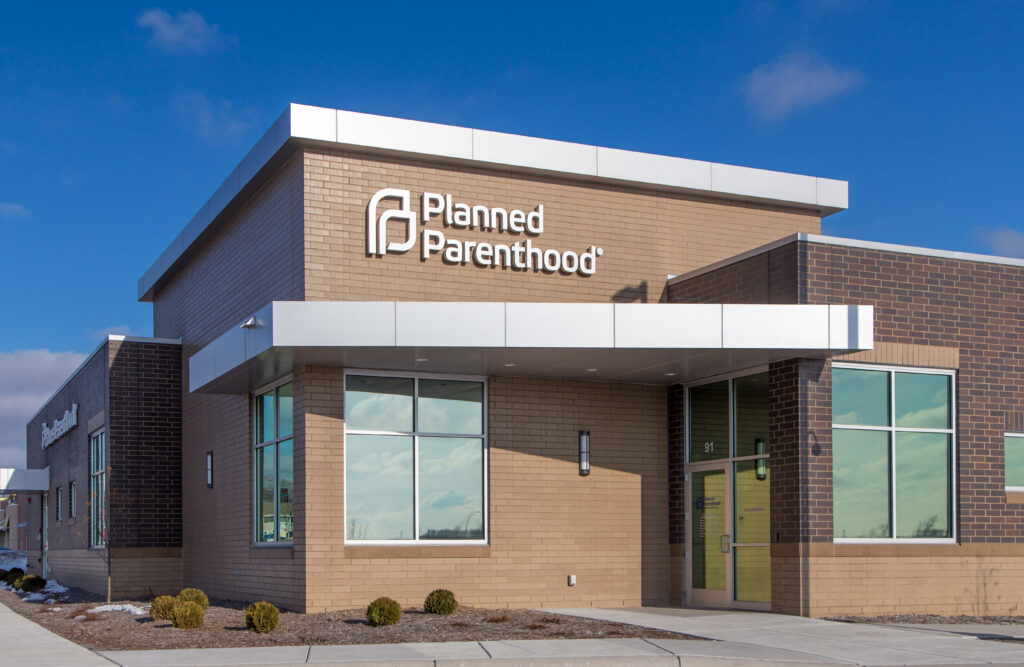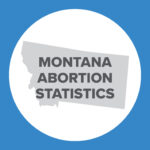Abortion Reporting: Mississippi (2021)

The Mississippi Department of Health provided 2021 abortion statistics to the Charlotte Lozier Institute (CLI) in August 2023, showing that abortions increased from 2020.
Statistics and Changes in Mississippi Abortions, 2020-2021

The report does not include information on Planned Parenthood’s Mississippi abortion market share. However, Planned Parenthood operates no abortion centers in Mississippi.
Abortion Totals and Trends
There were 3,817 abortions reported in Mississippi in 2021, up seven percent from 2020 (Fig. 1).1 Chemical abortions increased by 12 percent and composed 88 percent of the total in 2021, one of the highest percentages in the country. CLI estimates that Mississippi’s abortion rate increased by seven percent in 2021 (Fig. 2).2 As of August 2023, 37 states have released 2021 abortion statistics, 27 of which reported that abortions increased from the previous year.
State Report Summary
Eighty-two percent of Mississippi abortions reported in 2021 were performed on state residents. Fourteen percent were performed on women from states bordering Mississippi (Louisiana, Alabama, Arkansas, and Tennessee), and four percent were performed on women from other states.
Mississippi also reports abortions performed on state residents, both in Mississippi and in other states, in the Mississippi Statistically Automated Health Resource System (MSTAHRS). In 2021, 5,316 abortions were reported to have been performed on Mississippi residents, an increase of five percent from 2020. Comparing the MSTAHRS data with the abortion report provided to CLI shows that 59 percent of 2021 Mississippi resident abortions occurred in Mississippi and 41 percent occurred outside of Mississippi. However, not all abortions performed on Mississippi residents in other states are reported back to Mississippi, so the figure 5,316 is likely an undercount.
Eight percent of the abortions reported in Mississippi were performed on girls aged 19 or younger. Sixty-three percent were performed on women in their twenties, including 32 percent on women ages 20 to 24 and 31 percent on women ages 25 to 29. Twenty-six percent of the abortions were obtained by women in their thirties, and two percent by women ages 40 and older.
Similar to previous years, a large majority of the abortions reported in Mississippi were performed on black women (80 percent). Nineteen percent were on white women, and one percent were on women of other races. CLI estimates that the black abortion rate was 12.4 abortions per 1,000 women ages 15 to 44, over five times the white rate of 2.3.
Nine percent of the abortions were performed on women with less than a high school education. Thirty percent were performed on women who graduated high school, and 27 percent were obtained by women who attended some college but had no degree. Thirty-three percent of the abortions were on women with a college degree, and just three abortions were performed on women whose level of education was not reported.
Most abortions occurring in Mississippi (93 percent) were on unmarried women, and seven percent were performed on married women. Thirty-one percent of the abortions were performed on women with no living children, while 28 percent were on women with one child and a little more than 40 percent on women with two or more children. Two-thirds of the abortions were obtained by women with no previous abortions. Twenty-three percent were performed on women with one prior abortion, and 11 percent were on women with more than one previous abortion.
Almost all Mississippi abortions occurred in the early second trimester or before. Over two-thirds (70 percent) were performed at eight weeks of gestation (approximately six weeks post-fertilization) or earlier, and 17 percent were performed between nine and 10 weeks. Seven percent were reported between 11 and 12 weeks, and six percent occurred between 13 and 16 weeks of gestation. Two abortions were reported from 17 to 20 weeks, while there were zero abortions at 21 weeks of gestation or later. In 2021, Mississippi prohibited abortion after 20 weeks gestation unless the woman’s life or a major bodily function was in danger, or in the case of a severe fetal abnormality.
Chemical abortions made up 88 percent of the total in 2021, while 462 (12 percent) of the abortions were performed via suction curettage. No other type of procedure was reported.
Legislative Changes
Mississippi’s 15-week gestation abortion law sparked the Dobbs v. Jackson Women’s Health Organization case that overturned Roe v. Wade in June 2022. Following the Supreme Court’s decision in Dobbs, abortion became illegal in Mississippi via another law, SB 2391, which contains exceptions only to save the life of the mother or in cases of rape. This law was enacted in 2007 as a trigger law and became enforceable on July 7, 2022, 10 days after Mississippi’s Attorney General certified the overturn of Roe v. Wade.
The abortion clinic (Jackson Women’s Health Organization) at the center of Dobbs was sold the month after Roe was overturned, and did not re-open as an abortion center. The center stopped performing abortions on July 6, 2022, one day before Mississippi’s prohibition on abortion went into effect. With the closure of the center, there are no longer any operative abortion centers in Mississippi. However, the owner of the former abortion center noted her plans to open a new abortion center in New Mexico, Las Cruces Women’s Health Organization, using the furniture and supplies from her former center in Mississippi.
State Ranking
In CLI’s 2016 survey of abortion reporting across the country, Mississippi tied for 25th best. As CLI has previously suggested, Mississippi could provide a more detailed view of abortion trends in the region by identifying the states to which Mississippi residents travel for abortions. Additionally, Mississippi could ensure that all providers are aware of the state’s complication reporting requirement and that all complications are reported.


- Mississippi’s number of total abortions and chemical abortions for 2020 were taken from the 2020 CDC Abortion Surveillance Report as the Mississippi Department of Health did not provide CLI with those figures but did provide them to CDC .
- National rates were calculated by the Guttmacher Institute. Mississippi rates were calculated by CLI using the following formula: (total number of abortions performed in Mississippi ÷ number of resident women ages 15-44 [using most recent available population estimates]) x 1,000. Rates may differ slightly from previous CLI articles due to revised population estimates. Population estimates were obtained from the CDC WONDER database. Estimates for 2005-2009 are intercensal estimates of the July 1 resident population. Estimates for 2010-2019 are Vintage 2020 postcensal estimates of the July 1 resident population. Estimates for 2020-2021 are Vintage 2021 postcensal estimates of the July 1 resident population. Estimates were produced by the U.S. Census Bureau and the National Center for Health Statistics.
























